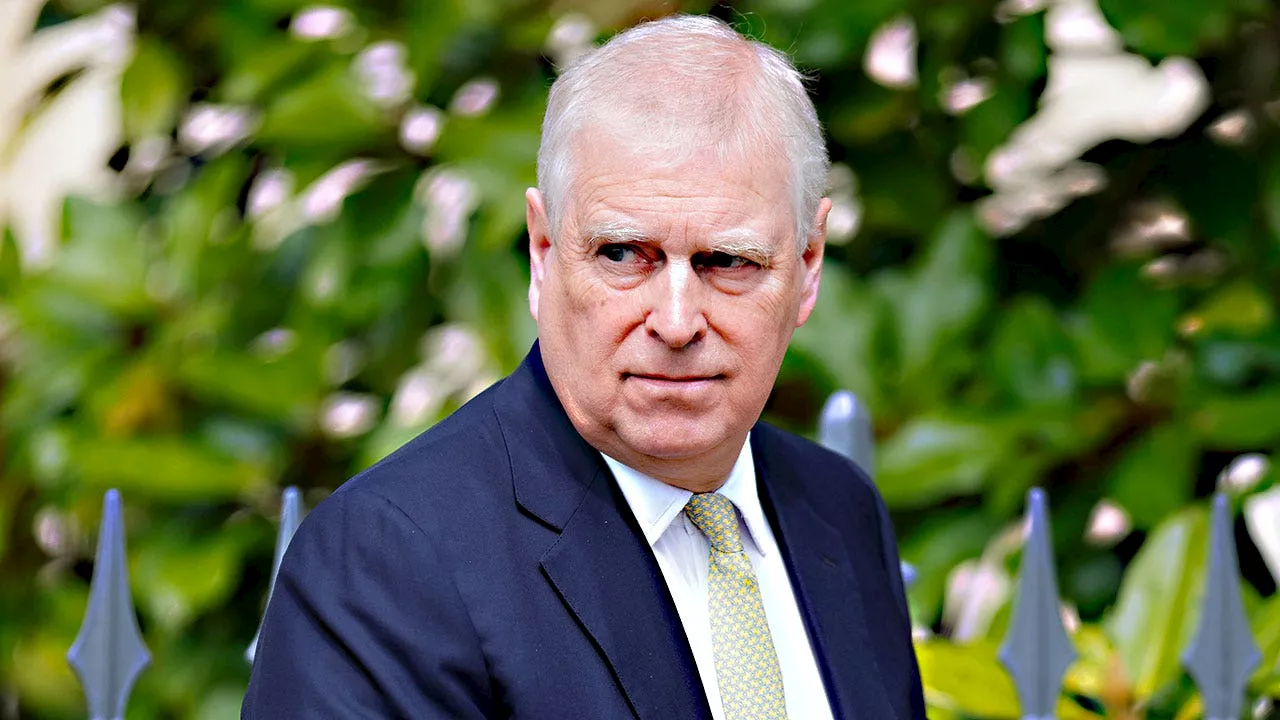YouTube has removed hundreds of videos from three prominent Palestinian rights organizations to comply with U.S. sanctions imposed by the Trump administration. This action has raised significant concerns about censorship and the suppression of evidence documenting alleged human rights violations in Gaza.
In October 2023, the video-sharing platform, owned by Google, deleted the accounts of **Al-Haq**, the **Al Mezan Center for Human Rights**, and the **Palestinian Center for Human Rights**. This decision followed sanctions placed on these groups by the U.S. State Department in September 2023. The sanctions were put in place due to the organizations’ involvement in gathering evidence for the International Criminal Court (ICC) against Israeli officials, including Prime Minister **Benjamin Netanyahu** and former Defense Minister **Yoav Gallant**, for alleged war crimes and genocide.
According to **The Intercept**, the removal included over **700 videos** that documented actions by the Israeli military against Palestinians. Significant content included an investigative report on the killing of Palestinian-American journalist **Shireen Abu Akleh** and footage of home demolitions in the West Bank. YouTube confirmed that these deletions were necessary to comply with the sanctions, as stated by spokesperson **Boot Bullwinkle**: “Google is committed to compliance with applicable sanctions and trade compliance laws.”
Legal experts and human rights advocates have criticized YouTube’s actions, arguing that they contribute to an agenda of erasing evidence of human rights abuses. **Katherine Gallagher**, a senior staff attorney at the Center for Constitutional Rights, called it “outrageous” that YouTube would further the Trump administration’s efforts to remove such critical evidence from public view.
The issue of censorship on social media platforms regarding Palestinian perspectives is not new. In 2024, it was revealed that YouTube and other social media companies had collaborated covertly with volunteers from Israel’s tech sector to eliminate content critical of Israel. This pattern of behavior has led to growing concerns about the platform’s role in silencing dissenting voices.
Following the deletion of the three organizations’ channels, documentarian and journalist **Robert Inlakesh** shared his own experience on social media, stating that his YouTube channel was also removed without warning in 2024. He noted that the deletion wiped out all his content, including significant coverage of Israeli soldiers shooting civilians. “No community guidelines were violated, and three separate excuses were given to me,” he wrote, emphasizing his frustration with the lack of engagement from Google regarding appeals.
While past cases involving groups sanctioned for supporting the ICC have resulted in preliminary injunctions—where courts deemed that the State Department violated First Amendment rights—this situation presents a complex legal landscape. **Sarah Leah Whitson**, executive director of **Democracy for the Arab World Now**, expressed skepticism about the legality of YouTube’s actions. She stated, “It’s really hard to imagine any serious argument that sharing information from these Palestinian human rights organizations would somehow violate sanctions.”
**Basel al-Sourani**, an international advocacy officer for the Palestinian Center for Human Rights, indicated that YouTube had not clarified which specific policies led to the deletion of their content. “YouTube said that we were not following their policy on Community Guidelines, when all our work was basically presenting factual and evidence-based reporting on the crimes committed against the Palestinian people, especially since the start of the ongoing genocide on October 7,” he said. “By doing this, YouTube is being complicit in silencing the voices of Palestinian victims.”
The removal of these videos raises broader questions about the role of technology companies in moderating content related to international human rights issues and the implications for free speech in the digital age. As discussions continue regarding the balance between compliance with government sanctions and the preservation of free expression, the impact on human rights advocacy remains a critical concern.
